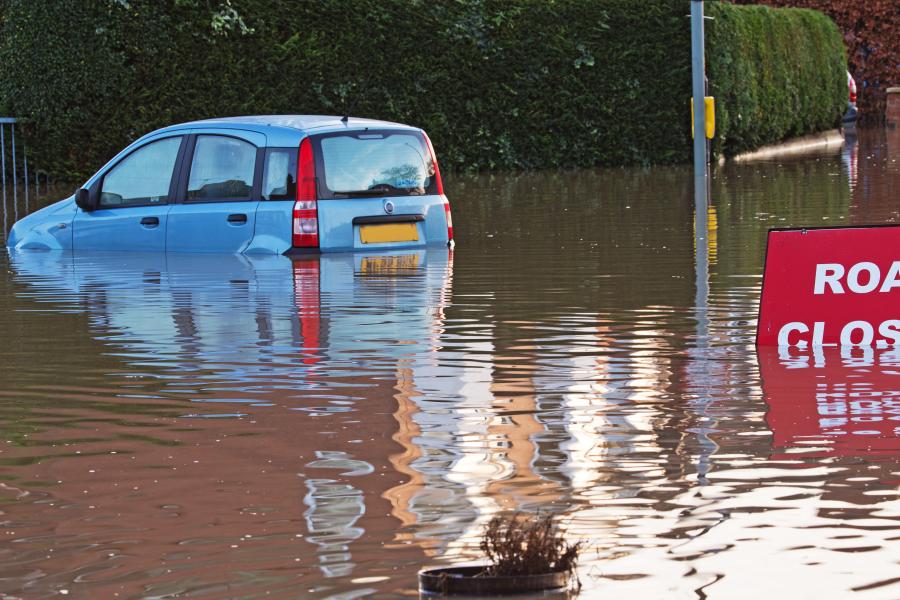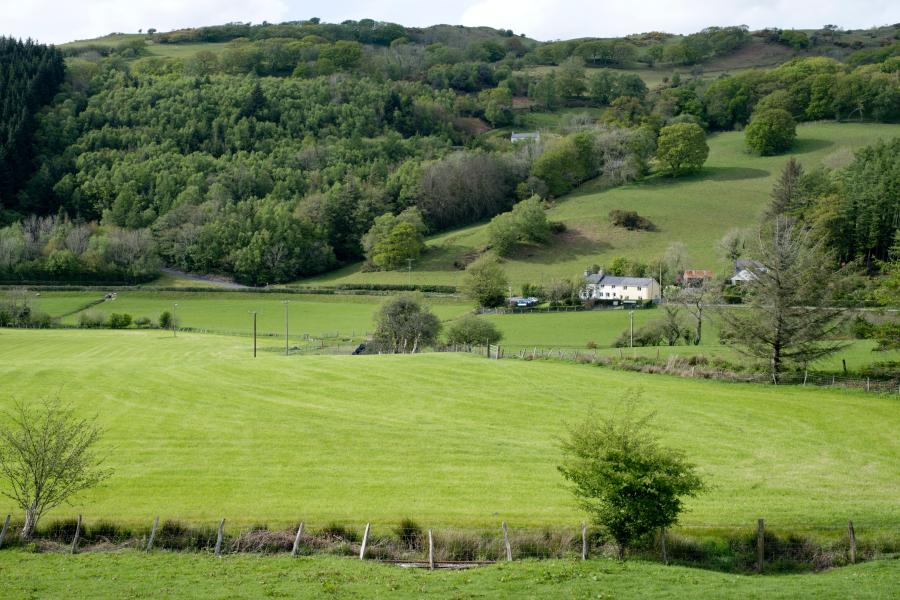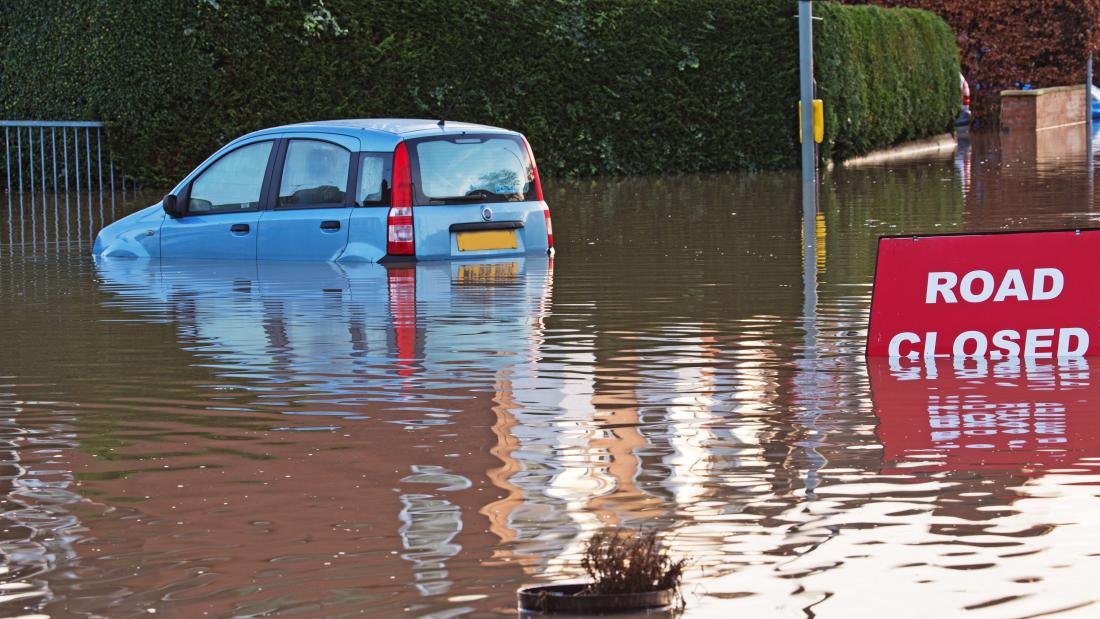People living in cities may be feeling greater effects from climate change than very rural populations in the UK, and this could be behind a higher level of concern about climate change expressed by city dwellers than by people who describe their location as ‘very rural’, according to new research published in PLOS ONE (6.9.23).
Despite revealing a greater sense of attachment to where they live, people living in very rural areas were less concerned about climate change.
These were the unexpected findings of a rapid nationally-representative UK survey of urban and rural people’s attachment to where they live and of their perceived threat of climate change.
The research, which combines linguistics with social and environmental sciences, provides policymakers with food for thought.
Professor Thora Tenbrink of Bangor University, who led the research, suggests the findings may stem from three reasons.
She explains,
“People living in cities may have more first-hand experience of climate change, in terms of the heat produced in urban environments, or the floods which are exacerbated as the engineered infrastructure is overwhelmed by rainfall run-off in a built-up area with little natural drainage. Living in very rural locations means that people are often protected from the worst effects of climate change, as meadows, wetlands and flood plains still exist to alleviate heavy rains, and heat waves are not as severe as experienced living in a built-up environment.”
Professor Simon Willcock of Bangor University and Rothamstead Research, adds: “Another factor could be that people living in very rural areas are more resilient and so underreport any climate changes they are experiencing. They might be more used to having to change what they do in order to face new challenges, and climate change may be another challenge.”
The third reason the authors suggest could be that rural populations tend to be more conservative in their outlook and this could affect how they interpret climate change impacts.
In conclusion, the researchers say the fact that climate change is viewed as less of a threat by those living in very rural areas may have policy implications, especially considering how land use changes and rural farming methods can be decisive in the context of climate change impacts and mitigations. Policy makers may wish to focus engagement specifically on the most rural areas where climate change threats may not quite have reached people’s awareness, despite an enhanced place attachment.


The Conversation
Read Thora Tenbrink's related article on The Conversation here.

